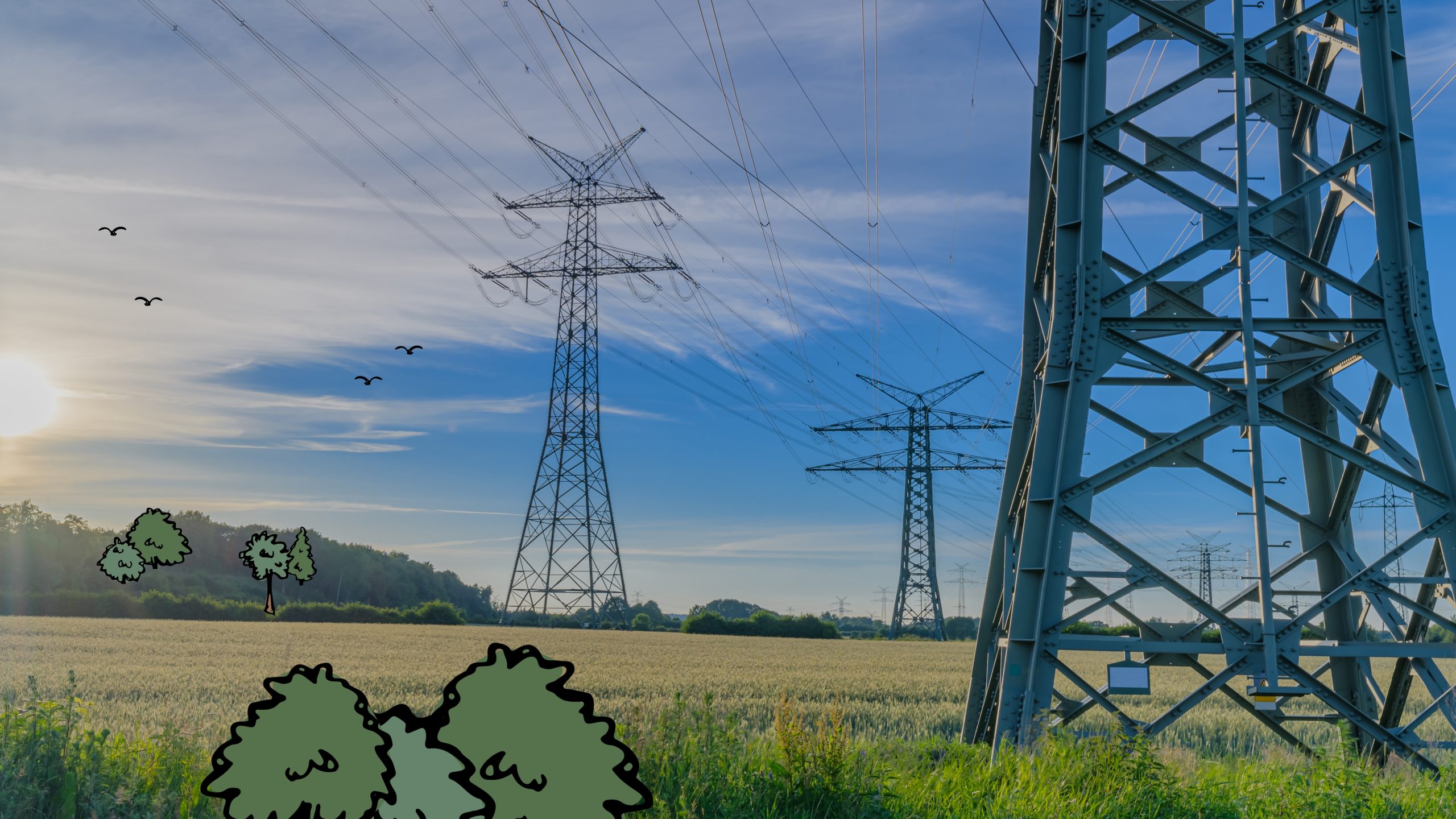Nature study discovers data drift and its impact on AI performance
Recent research published in Nature highlights how AI models trained on unreliable or unverified data can produce inaccurate predictions, undermining their effectiveness. While this study focuses on medical imaging, the issue of data drift—the gradual decline in AI performance due to poor-quality data—applies just as much to energy management.
AI might have a place in enhancing energy monitoring and optimisation. Still, if AI models rely on flawed, outdated, or AI-generated data, errors can accumulate – leading to miscalculations in energy usage patterns, inefficient resource allocation, or even increased consumption. For AI to truly support sustainable energy outcomes, businesses must ensure their energy data is reliable, validated, and traceable. Without this foundation, AI remains a powerful assistant but not a decision-maker when it comes to managing energy in the built environment.
When the grid says no: why energy capacity is becoming a business risk
Electricity demand is rising faster than supply. Networks are struggling to cope, and for many...
Read More >
The risk no one’s managing
Every well-run organisation understands the importance of risk management. Identifying, avoiding, and mitigating risk is...
Read More >
Why energy risk now sits on the CFO’s desk
Banks, investors, insurers, and regulators are no longer waiting for organisations to act voluntarily on...
Read More >
Grid capacity is becoming a hidden blocker to net-zero
In the UK, more than £200 billion in energy projects are currently stuck in grid...
Read More >
Why real efficiency starts with demand, not supply
Most organisations still focus on supply: how much energy comes in, what renewables are added,...
Read More >
OPNBuildings speaking at Future in Pharmaceuticals 2026
OPNBuildings will be speaking at Future in Pharmaceuticals 2026, focusing on one of the biggest...
Read More >





